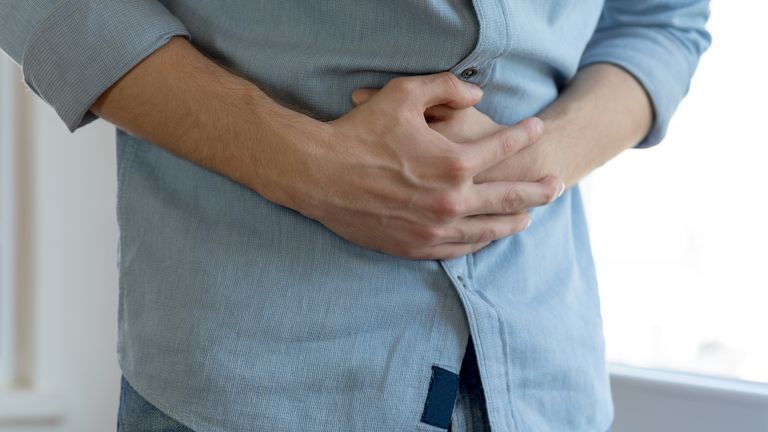An outbreak of a waterborne disease in Devon has prompted urgent warnings for residents to boil their tap water.
At least 22 cases of cryptosporidiosis disease have been confirmed in and around the town of Brixham in South West England.
But what is the parasite that is making people sick, what are the symptoms of being infected with it and how serious can it be?
What is cryptosporidiosis disease?
Cryptosporidiosis is the disease caused by the parasite cryptosporidium.
Often shortened to crypto, infections can be caused by drinking contaminated water or swallowing contaminated water in swimming pools or streams.
It can also be acquired through contact with the faeces of infected animals or humans.
What are the symptoms?
The symptoms of cryptosporidiosis include:
• profuse watery diarrhoea
• stomach pains
• nausea or vomiting
• low-grade fever
• loss of appetite
How long does it last?
Most people develop symptoms within one to 12 days of picking up the parasite.
Symptoms usually last for about two weeks, but can last up to six weeks or longer when the immune system is not working properly.
During the illness, you might think you are getting better but the illness returns a couple of days later before you fully recover.
How serious is it?
Most people recover, but in people with severely weakened immune systems it can cause severe disease and can be fatal.
Serious cases and death used to be more common, according to Paul Hunter, professor in medicine at the University of East Anglia (UEA).
This is because before effective antiretroviral treatments were introduced for HIV/AIDS, people living with these illnesses would not recover if they picked up cryptosporidiosis.
Who is most at risk of serious illness?
People with weak immune systems are at greater risk of serious illness. This includes:
• people on some immunosuppressive drugs, for example cancer or transplant patients
• people with untreated HIV/AIDS
• malnourished children
Does it need treatment?
There is no specific treatment for cryptosporidiosis.
It important to drink plenty of fluids as diarrhoea or vomiting can lead to dehydration, according to advice from the UK Health Security Agency (UKHSA).
You might also want to talk to a pharmacist about oral rehydration sachets to help replace the sugar, salts and minerals the body has lost.
Dr Lincoln Sargeant, Torbay’s Director of Public Health, said anyone with “severe symptoms like bloody diarrhoea” should contact NHS 111 or their GP.
Severe cases may require hospital treatment.
How do you know if you have crypto?
The symptoms of crypto are similar to other stomach bugs, so the only way to know for sure if you have it is for your doctor to send a sample of your faeces to be tested in a laboratory.
How can you stop the illness spreading?
If you are ill, stay away from nursery, school or work while you have symptoms, and for at least 48 hours after they stop.
You should also avoid swimming for two weeks after being unwell.
You should not prepare food for anyone else until 48 hours after diarrhoea has stopped.
Make sure you’re using good handwashing practices too, washing your hands thoroughly when handling food and after using the toilet.
The UKHSA also advises washing bedding and towels on the hottest possible cycle.

